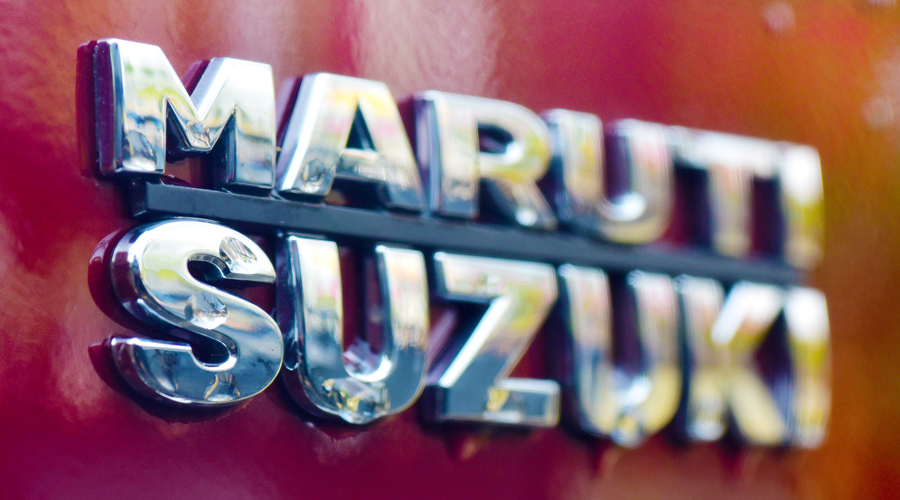The country's largest carmaker Maruti Suzuki India is keeping a close watch on the price movement of commodities, which had touched an 'unprecedented' high in the second quarter, to fix its vehicle prices in the future as it has not fully passed on the impact to consumers, according to a senior company official.
The company is hoping for a softening of commodity prices, which also move cycles, having "sort of reached the peak".
"Material cost is an important cost in the overall cost structure for any OEM (original equipment manufacturer). Normally, 70-75 per cent of the total cost of an OEM is material cost.
"In the second quarter, our material cost to net sales ratio had gone up to a very high figure of 80.5 per cent. This is unprecedented," Maruti Suzuki India Senior Executive Director (Marketing and Sales) Shashank Srivastava told PTI.
When asked if the company will hike prices of its vehicles, especially around the new year as is usually done, he said, "We have to carefully monitor the situation because we haven't passed on even the past increases of commodity prices into our (vehicle) price hikes."
Srivastava added that the company has taken a price hike of about 1.9 per cent at the beginning of September but "we have to carefully watch the direction of the commodity price movement in the future".
He further said the peak of commodity prices was in Q1 of the ongoing fiscal but the effect of it comes to the OEMs like Maruti Suzuki with a lag of one quarter.
"So, the effect of that peak had come to us in the second quarter," he said, adding that the commodity prices have been increasing dramatically in the past one year.
He said, "Starting from May 2020, almost all commodities that are related to automobile production have increased."
Steel, which was Rs 38 per kg, went up to about Rs 72 per kg, although it has come down a little bit. Copper, which was at USD 5,200 per tonnes, also went up to USD 10,400 per tonnes, he added.
Besides, the prices of other precious metals like palladium, platinum and rhodium have also gone up by up to almost two-three times.
"It does show that there has been a huge, unprecedented increase in commodity prices and still continue to be high, although in the precious metal, there have been some softening in the last couple of weeks," Srivastava said.
He expressed hope that in the next few quarters, there will be less pressure compared to the current level. "The consensus seems to be that we have sort of reached the peak as far as commodity prices are concerned because commodity prices also move in cycles."
 Monday, 23 December 2024
Monday, 23 December 2024









